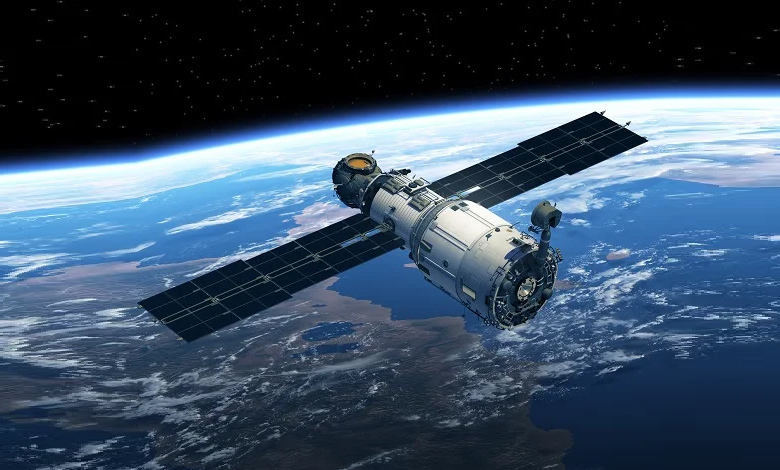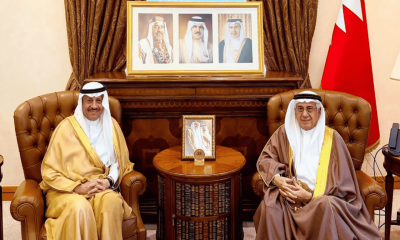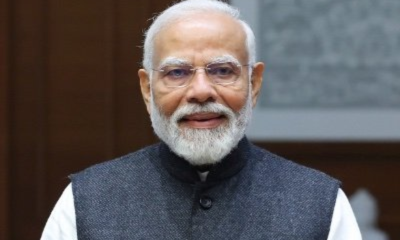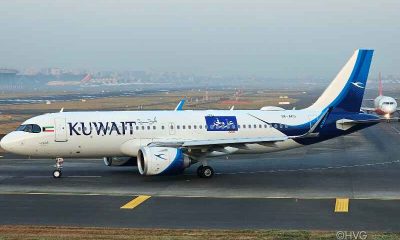The Gulf state is looking to tap into the Earth observation market for enhanced monitoring of the impact its Green Initiative – a plan to plant 10 billion trees – is having on the country’s environment and if it is helping fight the climate crisis.
Details on the plan are expected to be released in a fresh strategy at a later date. The adviser to the chief executive of the Saudi Space Agency told The National that the Green Initiative is supposed to tackle weather issues, be it dust storms or temperature rises.
Mishaal Ashemimry said: “You’re going to definitely need some Earth observation satellites and remote sensing satellites to be able to give you the data to measure the changes that are occurring as you plant those trees.”
Vision 2030: Saudi economic diversification plan in focus
“There are many other examples, whether it is with coral reefs in the Red Sea, where to position solar panels and understanding the solar flux intensity across Saudi – all that can be facilitated by a lot of satellites and constellations being put in space.”
Earth observation remains a developing market in Saudi Arabia. It is expected to expand from $0.11 billion to $0.18 billion in the next five years, as per Indian market research company Mordor Intelligence. The Kingdom is investing more in the sector to diversify its economy.
But Ashemimry address the growing problem of space debris and noted that Saudi Arabia would use the technology responsibly. There are deepening concerns over an overcrowded low-Earth orbit as more countries and companies launch satellite constellations.
Firms also focusing on the removal of space debris
Thousands of satellites have become defunct over the years, creating space debris that revolves around the planet, posing potential danger for other entities in space and the International Space Station that allows astronauts to live and work.
The Gulf state has highlighted its intention to not add to the growing problem. Riyadh hosted a conference dedicated to space debris on February 11 and 12. The Saudi Space Agency has also inked two agreements with private companies to focus on managing space traffic.
There are companies, such as Switzerland’s ClearSpace and Japan’s Astroscale, that focus on the removal of space debris and are trying to develop technology dedicated to the cause. An overcrowded orbit can also be a problem for rockets heading to the Moon and Mars.
Read More: Can Dubai build a brighter, happier and more prosperous future?






















